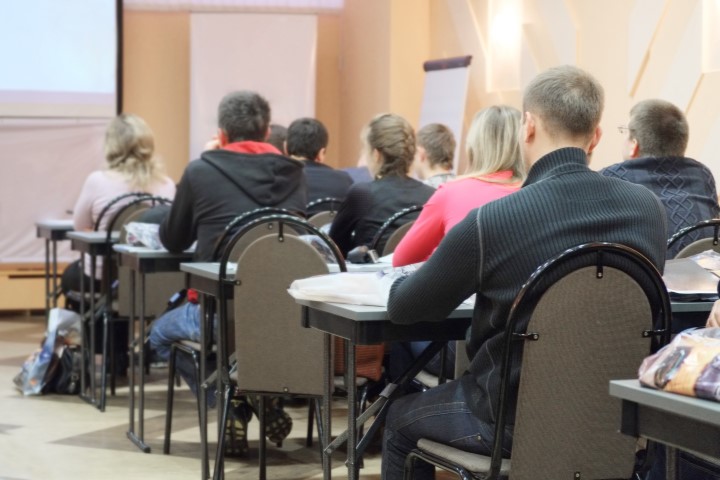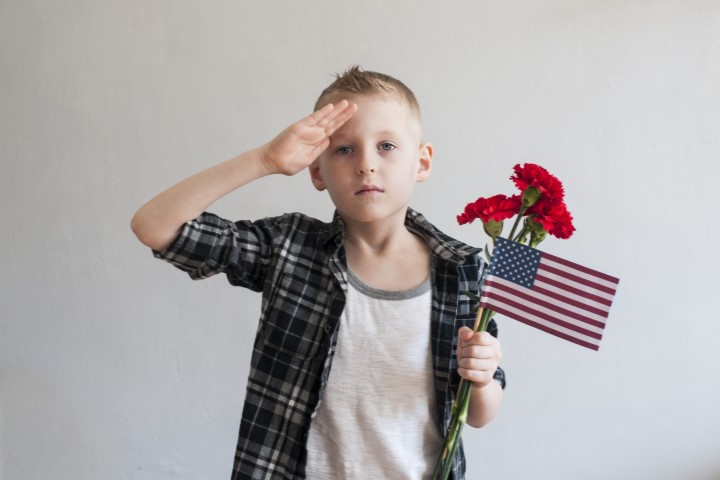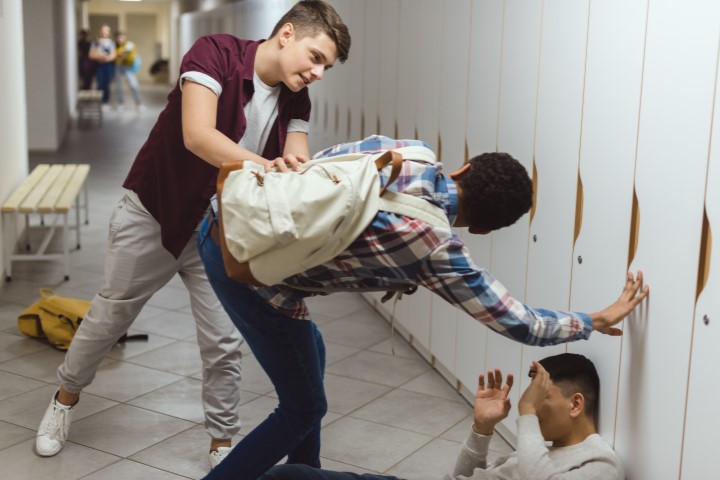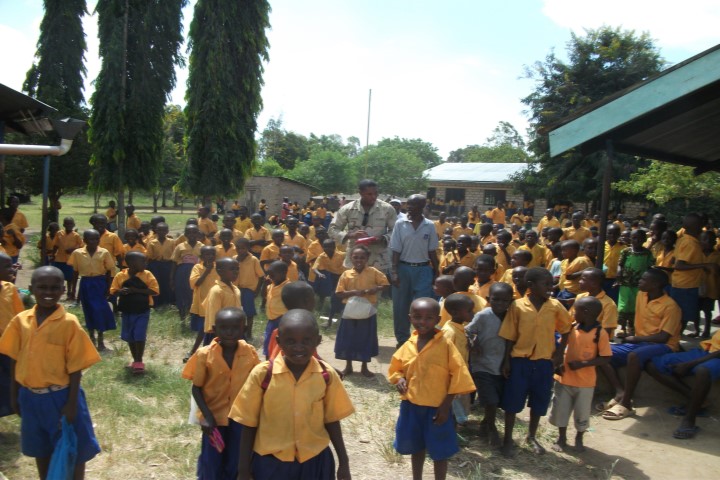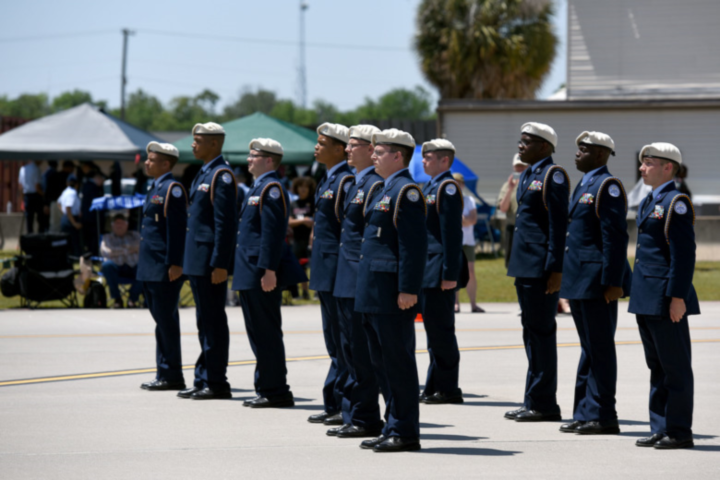San Bernardino, California Pacific High School teacher CJ Eastwood recently won a Character Education Award trophy and $2,000 from San Bernardino area Rotary Clubs.
“There is a literal trophy,” Chris Tickell, president of the San Bernardino Rotary Club said, according to the San Bernardino Sun. “It’s a very large perpetual trophy that the winner’s school gets to display until next year’s Character Education Awards luncheon.”
Tickell, who also serves as director of charter schools for San Bernardino City Unified School District, presented the trophy to Eastwood at this year’s annual luncheon in June. Rotary Club member Dale Marsden and Pacific High School Principal Natalie Raymundo were also on hand at the ceremony.
Raymundo said Eastwood won the award because he “creates a safe and supportive learning community that encourages students to be involved in the community.”
“Overall, (CJ’s) biggest contribution to character education is helping students understand the impact of their words, actions and inactions on the school and broader community,” Raymundo said.
The Character Education Award was created in 1991 by the San Bernardino Rotary Club, San Bernardino Rotary Club Crossroads-Loma Linda, San Bernardino Rotary Club North and San Bernardino Rotary Club Sunset. The recognition – “for educators whose teaching exemplifies the virtues of character education in the classroom” – comes with $2,000.
Three other finalists also received $250 and a plaque: Del Vallejo Middle School teacher Benjamin Cervanes, Curtis Middle School teacher Cara Nelson, and Muscoy Elementary School teacher Rebecca Robles, the Sun reports.
Character experts have noted how Eastwood’s focus on community involvement and hands-on learning is important.
Institute for Advanced Studies in Culture sociologist James Davison Hunter explained in “The Death of Character” that “individuals are social creatures inextricably embedded in their communities …”
“Experience was always a precursor to the possession of character and practical wisdom, for it schools the individual in the range of circumstances within which the virtues would find express,” he wrote.
The Jesuit Schools Network provides a “Profile of the Graduate” as a helpful starting place for educators to incorporate community service – whether compulsory, voluntary, or some combination – that will cultivate the strong character virtues students will rely on throughout their lives.
The Profile provides a framework for character education that focuses on developing five key characteristics in students before they graduate from high school, ensuring they’re “open for growth,” “intellectually competent,” “religious,” “loving,” and “committed to doing justice.”
“The JSEA re-visioned Profile of the Graduate at Graduation remains a broad template that each school needs to adapt and tailor by its own careful reflection on its own context and experience,” according to the document.

